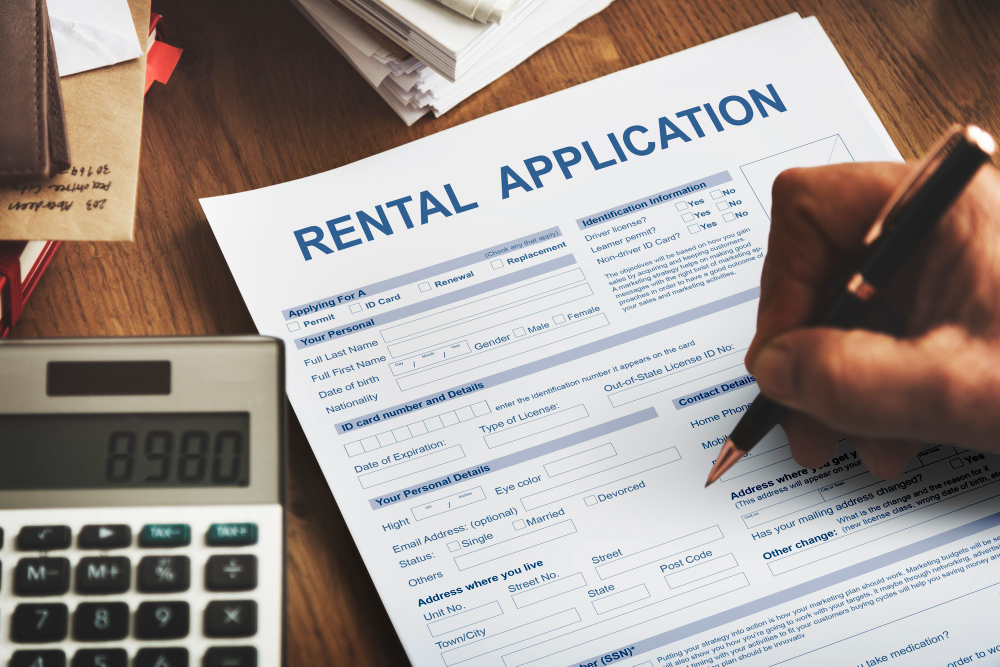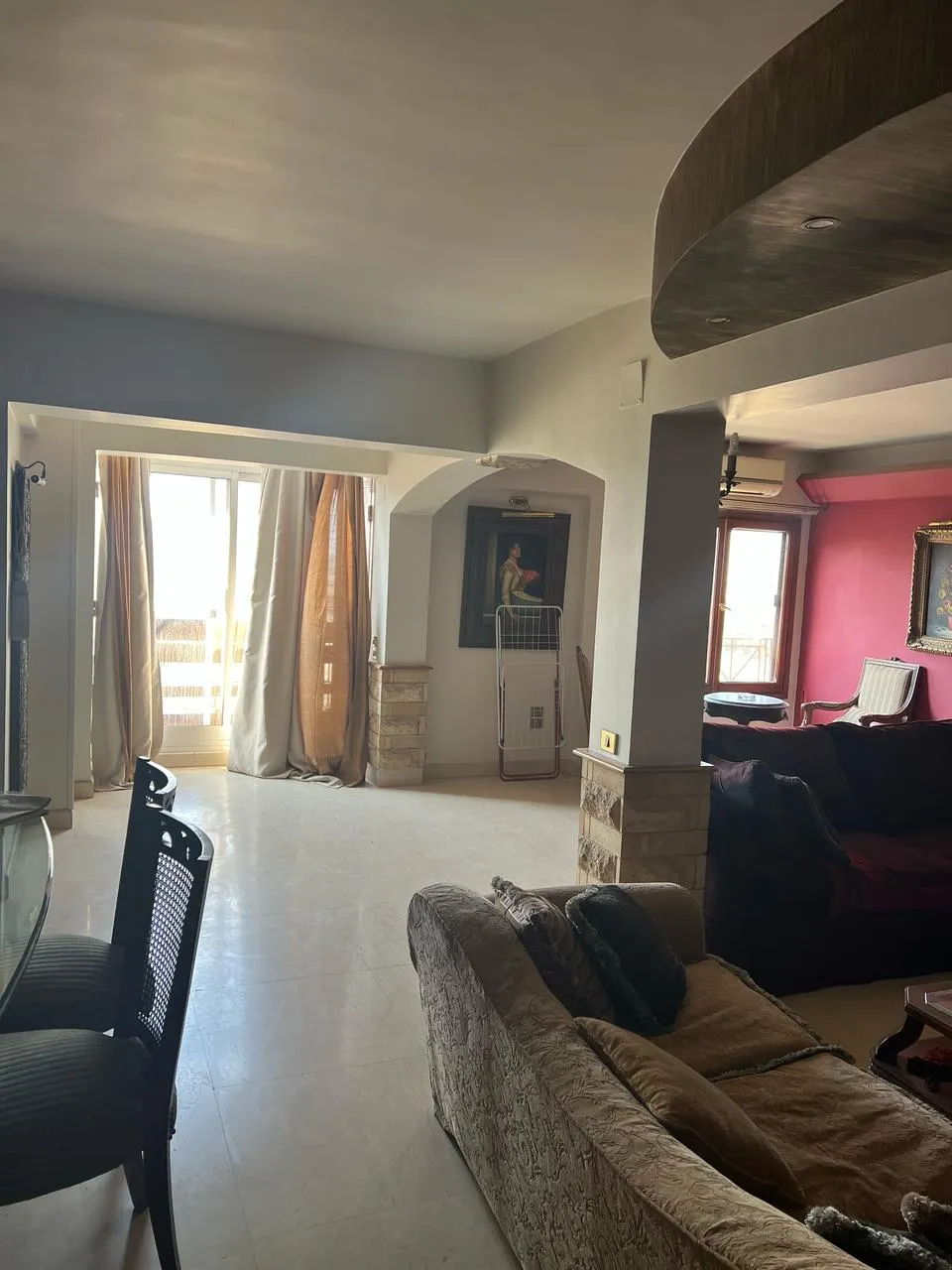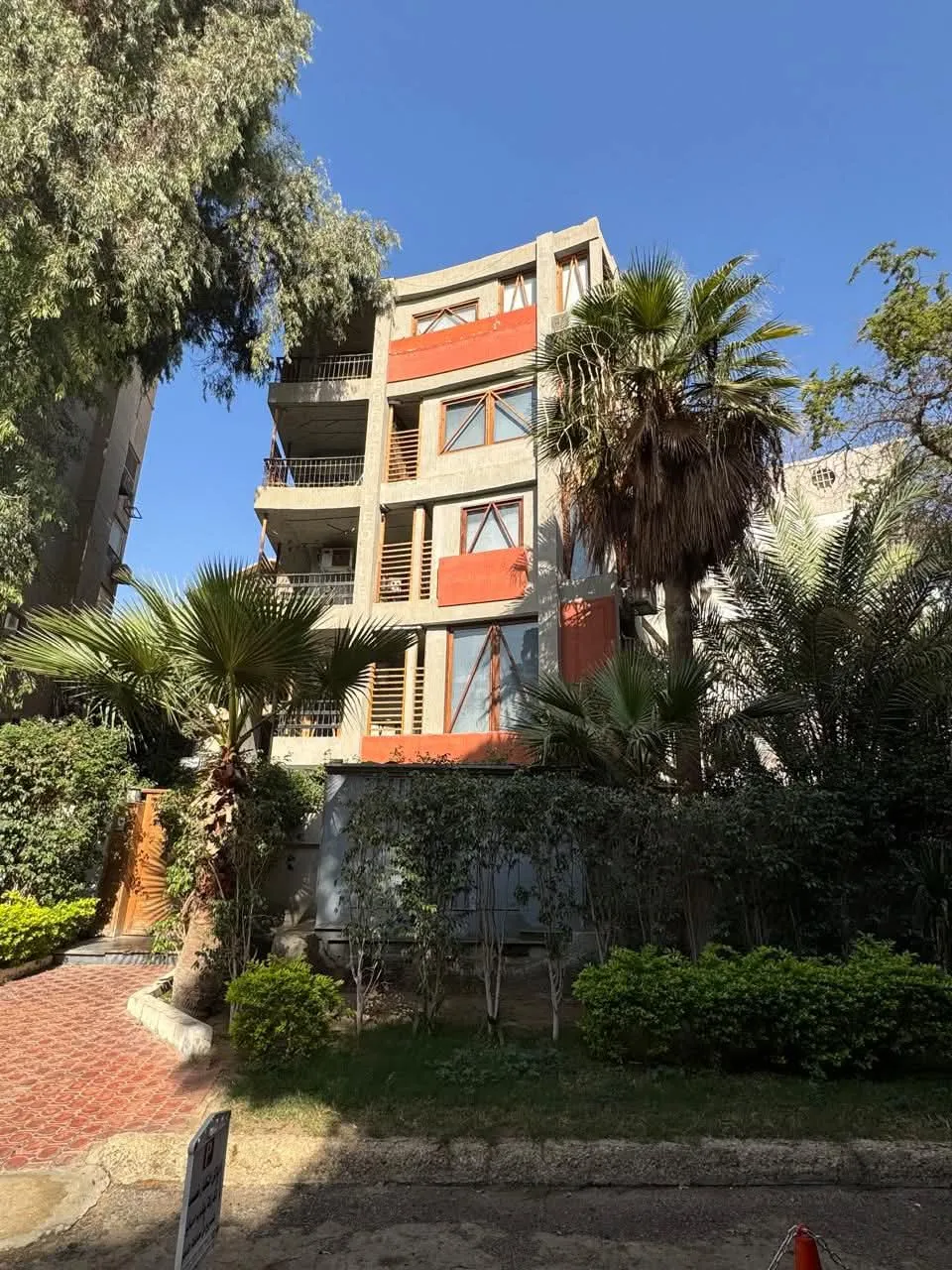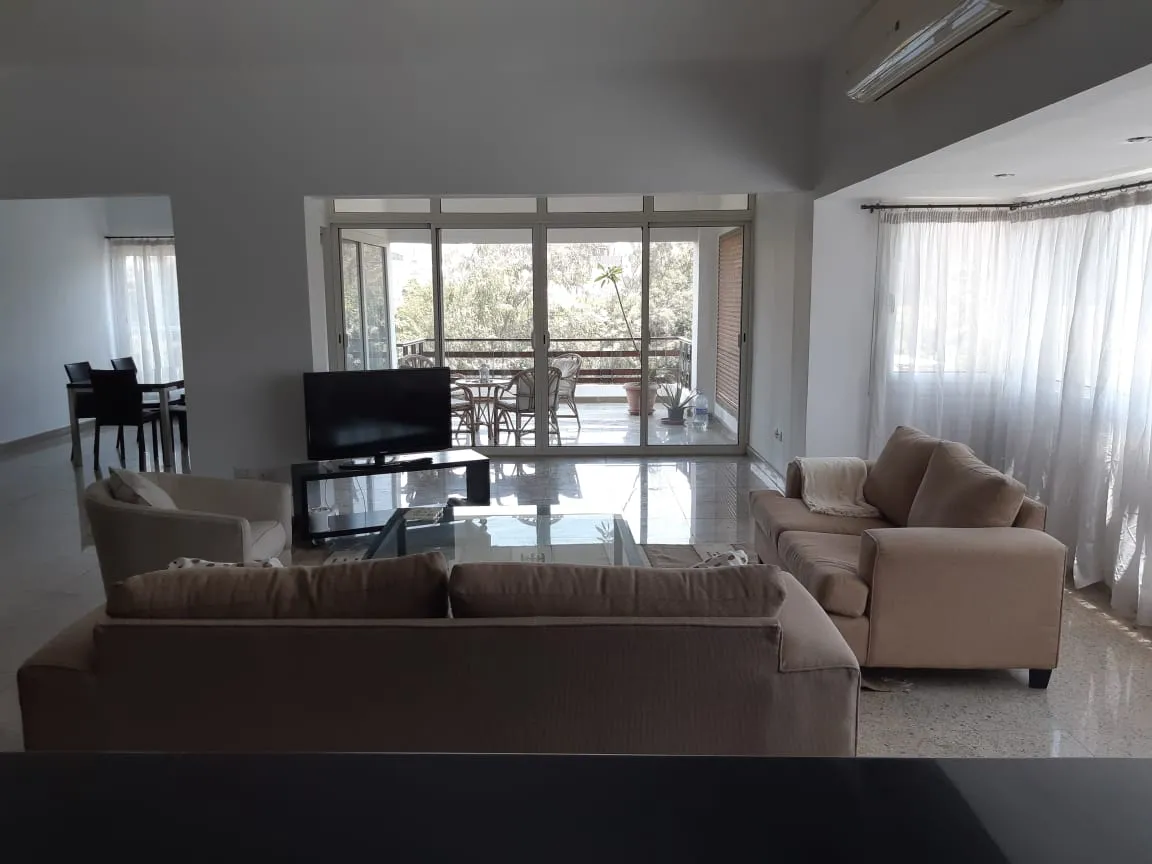The Real Meaning Behind 'Utilities Included': A Detailed Explanation
Author
Ali Ashour
Time
14 Min.
Language
English
Created:
3/23/2024
Updated:
4/15/2024
The Real Meaning Behind 'Utilities Included': A Detailed Explanation
Navigating the rental market can be complex, especially when terms like "utilities included" come into play, referring to a rental agreement where essential services such as water, gas, and electricity are covered by the landlord or property management company.

This arrangement, commonly found in apartments and rental properties, simplifies the rent payment process by integrating utility bills into a single monthly fee, offering convenience and predictability to tenants. Understanding the specifics of "utilities included" agreements is crucial for renters to avoid misunderstandings and ensure a clear grasp of what their rent covers. This article delves into the real meaning behind "utilities included," explores the pros and cons of such rental agreements in both apartment complexes and commercial real estate, and offers tips for negotiating your rental agreement effectively.
Defining 'Utilities Included' in Rentals
In rental agreements where "utilities included" is specified, tenants often benefit from a simplified billing process, as the cost of essential services is incorporated into their monthly rent. This typically covers:
- Electricity and Gas: Essential for powering appliances and heating.
- Water: Includes both hot and cold water usage.
- Heating and Air Conditioning: Keeps the apartment comfortable throughout the seasons.
- Sewer and Trash Removal: Fundamental services for maintaining cleanliness and hygiene.
Less frequently, landlords may also include:
- Cable TV and Wi-Fi: For entertainment and connectivity needs.
It's crucial for tenants to clarify which utilities are encompassed in their lease, as the inclusion can vary. For instance, while electricity, gas, and water are commonly covered, internet, cable TV, and phone services might not be, necessitating a separate arrangement. The lease agreement is the definitive source for understanding the specifics of what's included, highlighting the importance of thorough review. Additionally, prospective renters should be aware that even with utilities included, some landlords may impose usage limits or additional charges for excessive consumption, underscoring the need for clear communication and understanding of the rental terms.
Pros of Choosing 'Utilities Included' Accommodations
Choosing accommodations with 'utilities included' offers several advantages that can significantly enhance the rental experience for tenants. Here's a breakdown of the key benefits:

- Convenience and Payment Simplicity: Tenants enjoy the ease of a single monthly payment covering rent and utilities, eliminating the hassle of multiple bills.
- Predictability in Budgeting: With a flat fee, budgeting becomes more straightforward, offering financial stability without unexpected utility costs.
- Reduced Setup Costs: Avoiding separate utility deposits and connection fees can lead to substantial savings during the move-in process.
Furthermore, for those sharing their living space, easier cost splitting for roommates becomes a reality, as the rent, inclusive of utilities, can be divided evenly without the need to calculate individual utility usage. This arrangement also reduces the likelihood of late fees associated with forgetting to pay multiple bills, and for landlords, the inclusion of utilities can be a selling point that attracts tenants, potentially allowing for the earning of management fees. Additionally, the convenience of this setup not only simplifies the billing process but also encourages responsible utility usage, contributing to a more environmentally sustainable lifestyle.
Cons of 'Utilities Included' Rental Agreements
While "utilities included" rental agreements offer several benefits, there are notable drawbacks that both tenants and landlords should consider:
- Higher Rental Rates and Limited Amenities: Landlords often increase rental rates to cover utility costs, potentially making these properties more expensive than those where utilities are paid separately. This could also lead to fewer amenities as landlords might cut costs elsewhere.
- For tenants, this means paying a premium for convenience.
- Landlords risk pricing their properties out of competitive markets.
- Utility Usage and Restrictions:
- Limited Control Over Usage: Tenants might face restrictions such as pre-set temperatures for heating and cooling. This lack of control can be inconvenient, especially for those with specific needs.
- "All-You-Can-Eat" Mindset: With utilities included, tenants might not conserve energy, leading to wastage and higher costs for landlords.
- Caps and Restrictions: Some agreements may include caps on usage, beyond which tenants must pay extra, potentially leading to disputes.
- Impact on Financial Aspects:
- Credit History: Tenants miss out on the opportunity to build credit through utility payments.
- Predicting Costs and Profits: For landlords, fluctuating utility costs make it challenging to predict monthly expenses and profits accurately. This unpredictability can complicate budgeting and financial planning.
- Liability for Landlords: Landlords bear the responsibility of ensuring utility bills are paid, regardless of tenants' rent payment behaviors. This can add a layer of financial risk.
These considerations highlight the importance of weighing the pros and cons carefully before entering into a "utilities included" rental agreement.
Negotiating Your Rental Agreement
When negotiating your rental agreement, it's crucial to understand and articulate your needs while considering the landlord's perspective. Here are strategies to ensure a fair negotiation:

- Clarify Utilities Coverage:
- Ensure the lease explicitly states which utilities are included and if tenants are responsible for setting them up or including the fees in rent payments.
- Typically, landlords cover water and trash, while tenants pay for internet and cable. Electricity and gas depend on the landlord's preference.
- Negotiation Tactics:
- Offer to prepay rent or agree to a longer lease term for a lower rent or utilities coverage.
- If utilities are included, propose paying them yourself to negotiate lower rent.
- Highlight any concessions you can make, such as giving up a parking space or committing not to smoke if the lease permits.
- Leverage and Research:
- Present evidence of lower rent in comparable units or data showing rental price trends in your area.
- Research utility companies for the best deals and ask for any available discounts upon lease signing.
- Demonstrate a good rental history and propose a longer lease in exchange for a discounted rate.
By approaching the negotiation with a well-researched and reasoned argument, tenants can secure a rental agreement that benefits both parties.
Conclusion
Through this comprehensive exploration of the "utilities included" rental agreements, it is evident that such arrangements hold a blend of convenience and potential drawbacks for both tenants and landlords. By understanding what is entailed in these agreements, from the simplicity in budgeting to the possible implications on rental rates and utility usage, individuals entering the rental market can make informed decisions. The article underscored the importance of clear communication, detailed lease agreements, and the need for tenants and landlords to be mindful of their consumption patterns and financial planning when it comes to utilities-inclusive renting.
As the real estate market continuously evolves, the dynamics of "utilities included" rentals remain a significant consideration affecting tenant living experiences and landlord responsibilities. The significance of negotiating rental agreements that align with both tenant needs and landlord capabilities cannot be overstated. This dialog not only fosters transparency and mutual understanding but also promotes a sustainable approach to utility usage and financial management in the rental landscape. Moving forward, further exploration and adaptation in this realm may continue to shape the future of rental agreements, ensuring that they serve the best interests of all parties involved.






